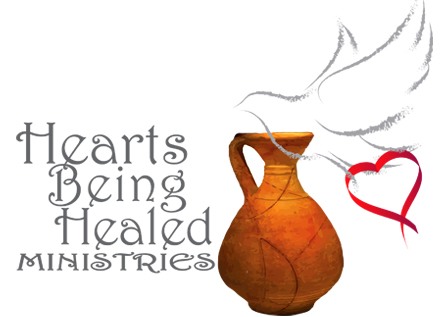All Hallows Day. By Edna Robinson.
The intended meaning and usage of certain words and how they are applied have at times sparked a curiosity motivating determination to find out their origins. The motivation is like those who have a deep interest in finding out what happened when reading a mystery. Over the past several years, when Halloween draws near, that particular word seems to ignite my interest in knowing what it actually means, why it was established, and how much of this current society have deviated from its original intent.
As a young child, I remember my mom dressing me up in a bunny costume one year, and another year, she dressed me up as Little Red Riding Hood to go ‘Trick or Treat’ in the neighborhood. At that time, my view of Halloween was a fun day of gathering treats. But as I grew older negative information was rumored with concerns about people placing harmful things in children’s ‘Trick or Treat’ bags. Therefore, presently, Halloween seems to be associated more closely with evil spirits.
But the history of Halloween relates to All Saints Day and All Souls Day deriving from the western Catholic religion. “All Saints Day was formerly known as All Hallows Day. It was established in the eighth century during the reign of Pope Gregory III and celebrated on November 1.”1 The western tradition of Celts also celebrate the festival of Samhain, the beginning of winter, on November 1. “During the Samhain festival, the souls of the dead were believed to return to their homes, and the people would set bonfires and wear masks to frighten off evil spirits.”2 The celebrations of All Saints Day and the festival of Samhain were acknowledged around harvest time and the poor would ask for treats from the accumulated harvest.
Halloween derived from two words, ‘hallow’ and ‘eve.’ The definition of ‘hallow’ is to honor as holy and set apart as sacred, and “the definition of ‘eve’ is a day or time immediately before an event or occasion.”3 Halloween began as All Hallows Eve on October 31, the evening before All Saints Day, which was followed by All Souls Day on November 2. Halloween had begun as the eve of a sacred religious day honoring Christian saints. But its current celebration in many cultures is a mixture of religious and cultural practices resembling the Celts’ Samhain festival. Although, instead of frightening off evil spirits, the celebration seems to honor ghosts, goblins, monsters, and witches with limited recognition of saints.
The word Halloween as we use it today seems to transform ‘hallow’ and ‘eve’ by removing the sacred to mean something completely opposite. As our culture continues to honor evil more and more, Halloween has become a holiday that is more honoring to the evil one than to the Saints who modeled ways to honor God.
In the Bible, the word ‘hallow’ is presented 35 times with verses in the Old Testament giving instructions from God to hallow a certain day, place, particular things, and even people (Exodus 20:11, 28:38, 29:1). In the two verses of the New Testament, hallow refers to acknowledging the Father’s name as holy or sacred. “And he said unto them, When you pray, say, Our Father which art in heaven, Hallowed be thy name…” (Luke 11:2).
“As believers, we always want to honor God and turn our backs on the evil one and his ways. When Halloween comes this year, some of you will ignore the day altogether to be sure that you give no glory to the evil that opposes God’s kingdom. Others of you will celebrate it with your children and friends in a way that honors God and his goodness. And yet others may need to meditate this week, asking God what He desires to teach you and how He will lead you in the coming days regarding the Halloween holiday.”
My Prayer for all of us is that God’s Holy Spirit will guide us into the paths He wants us to take.
Scripture from the King James Version Bible.
[1] All Saints Day: Meaning, History, and Facts – FaithGiant. June 14, 2022. Para 4. Accessed October 20, 2022.
2 Britannica Encyclopedia. Halloween. Accessed October 20, 2022, from https://www.britannica.com/topic/Halloween.
3 Oxford Dictionary. Eve. Oxford Languages online. 2022. Accessed October 20, 2022, from https://languages.oup.com/google-dictionary-en.



Comments are closed